When Excessive Meowing May Signal a Problem with Your Cat
Published: 2025. 04. 27 - Photos: Getty Images Hungary • 3 minutes reading

Published: 2025. 04. 27 - Photos: Getty Images Hungary • 3 minutes reading
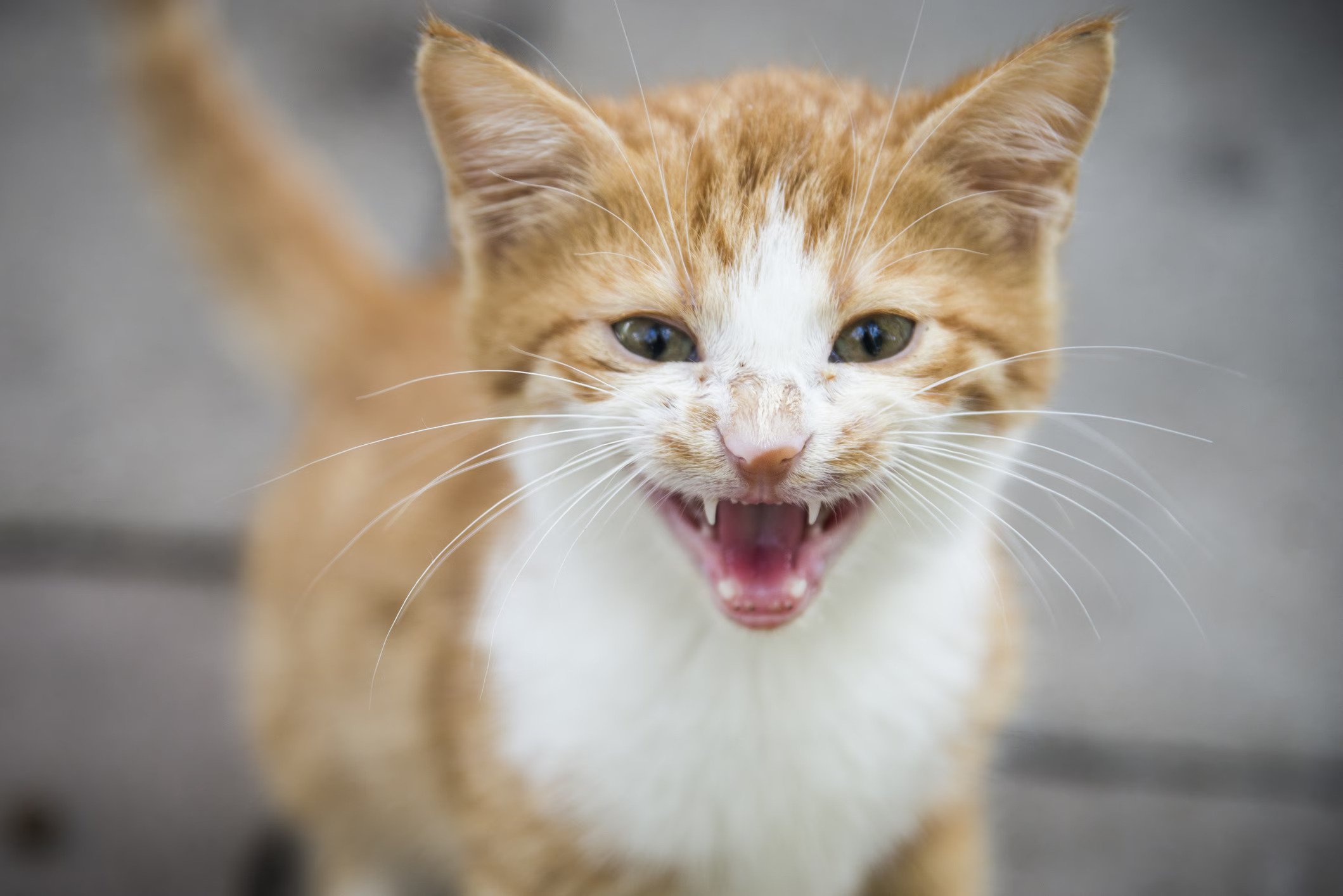
Most pet owners are delighted when their feline companions start “talking” to them. In fact, many owners even understand what their cat is trying to communicate or ask. However, excessive meowing can sometimes be a sign that something’s wrong.
Let’s start with an interesting fact: our furry companions meow solely because of us. Among themselves, cats communicate mostly through body language and pheromones. But in order to have a smoother relationship with us, they’ve learned a whole new language. Admirable—and so clever! Still, frequent meowing isn’t always a good sign. But what counts as “too much”? What should you watch out for? Let’s break it down!
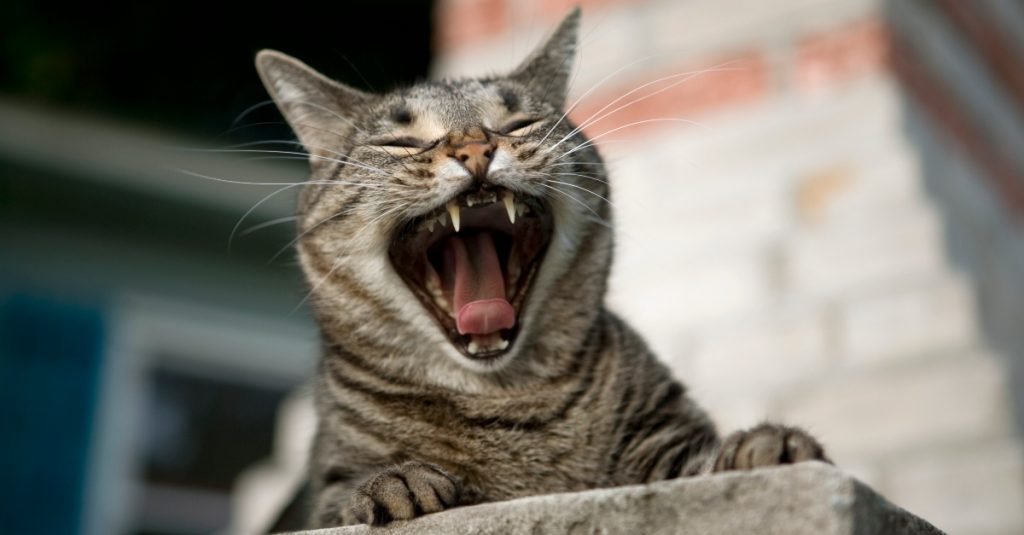 Your cat can use meowing to ask for something, but it can also use it to signal something
Your cat can use meowing to ask for something, but it can also use it to signal something
Living together, you've likely gotten used to your cat’s habits and gestures—and even recognize its voice. Most cats meow most intensely when they’re hungry, which is completely normal. They might also greet you with a meow when you come home, seek your attention, or let you know that you’ve shut the door to their litter box, which they urgently need to access…
However, if your cat starts meowing seemingly without reason and doesn’t stop, or the sound of the meow changes from what’s normal, it’s worth paying closer attention.
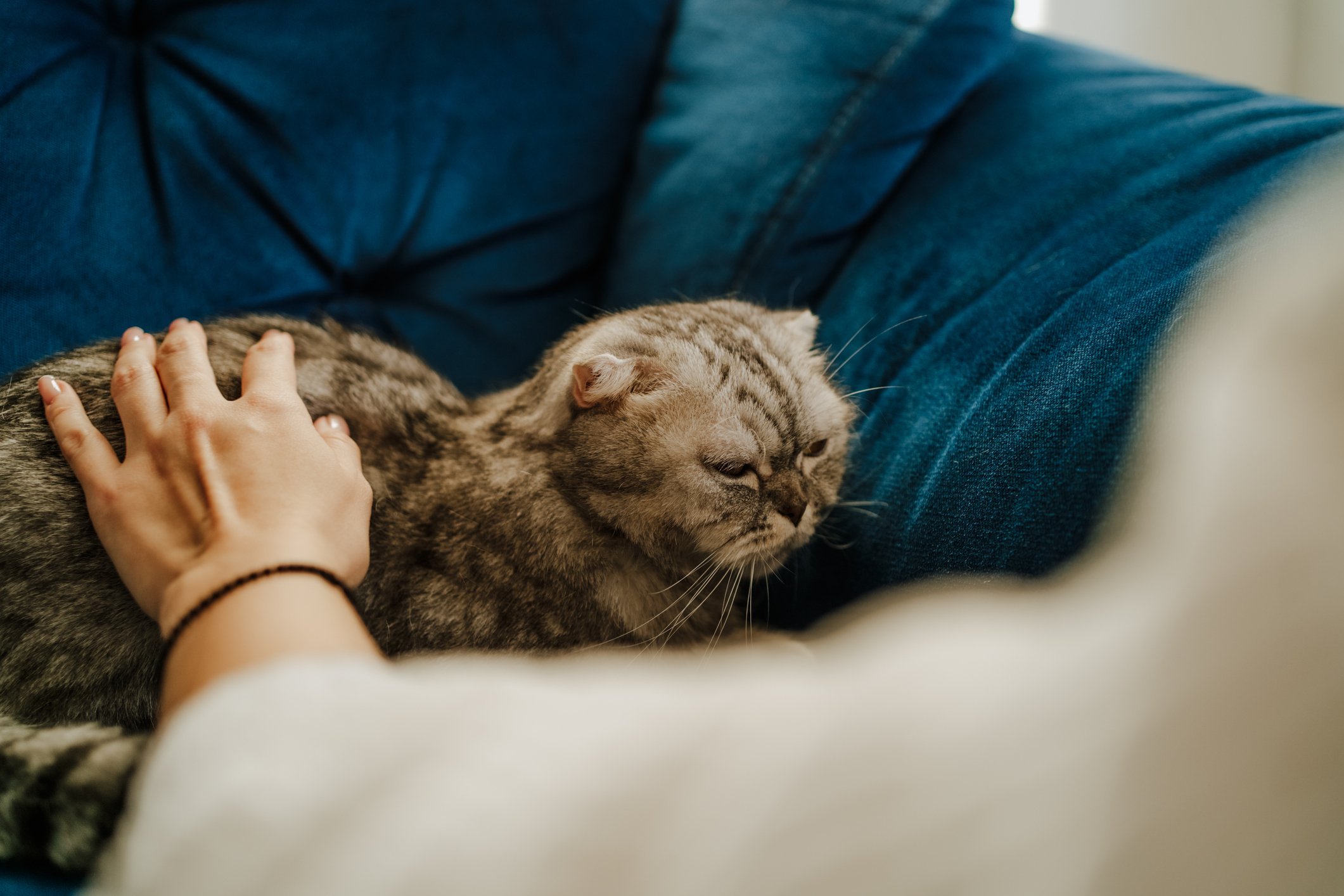 Numerous health issues can cause distress meowing
Numerous health issues can cause distress meowing
As the subheading suggests, intense meowing can sound like complaining, which is a red flag. Several health issues can lie behind it, such as:
All these conditions require veterinary attention—except for deafness or blindness, where increased vocalization may simply be a new form of communication. However, if your cat seems frustrated by reduced sensory ability, you should take steps to comfort them. A veterinarian or a feline behavior therapist can help.
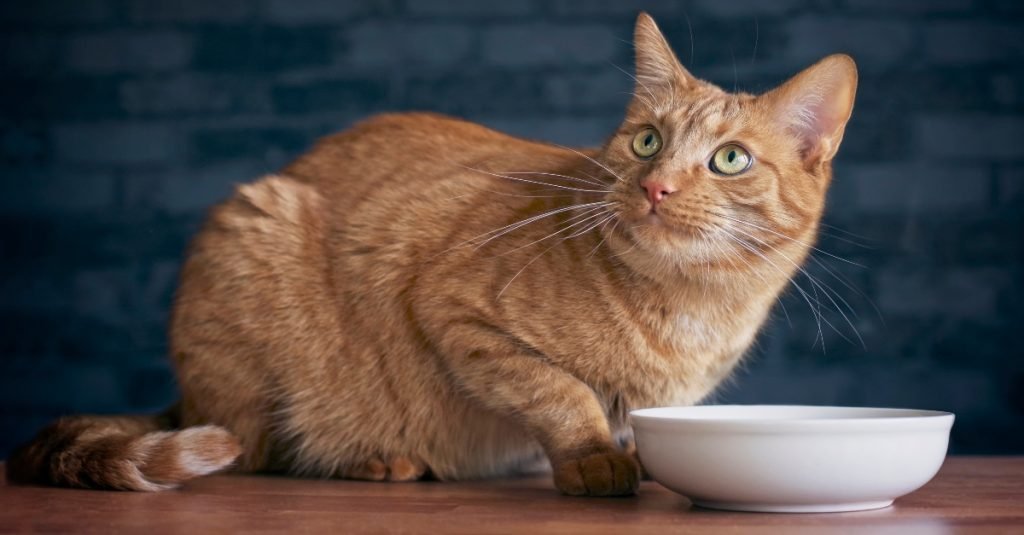 Sometimes external factors are the culprit
Sometimes external factors are the culprit
Besides medical issues, a cat may meow loudly if it’s startled, scared, stressed, or even bored. Many cats learn that meowing gets your attention—and they use this to their advantage. In such cases, you need to adjust their environment to help them feel at ease.
Has your cat been fed but still meows sadly? It may not like the food—or something may have fallen into its bowl. Dirty water can also be distressing, as animals generally avoid drinking stale, contaminated water. Likewise, an unclean litter box may trigger complaints.
It’s also worth noting that during mating season, both males and females become more vocal. Additionally, some breeds are simply more talkative, such as Siamese, Bengal, Sphynx, and Tonkinese cats, to name a few.
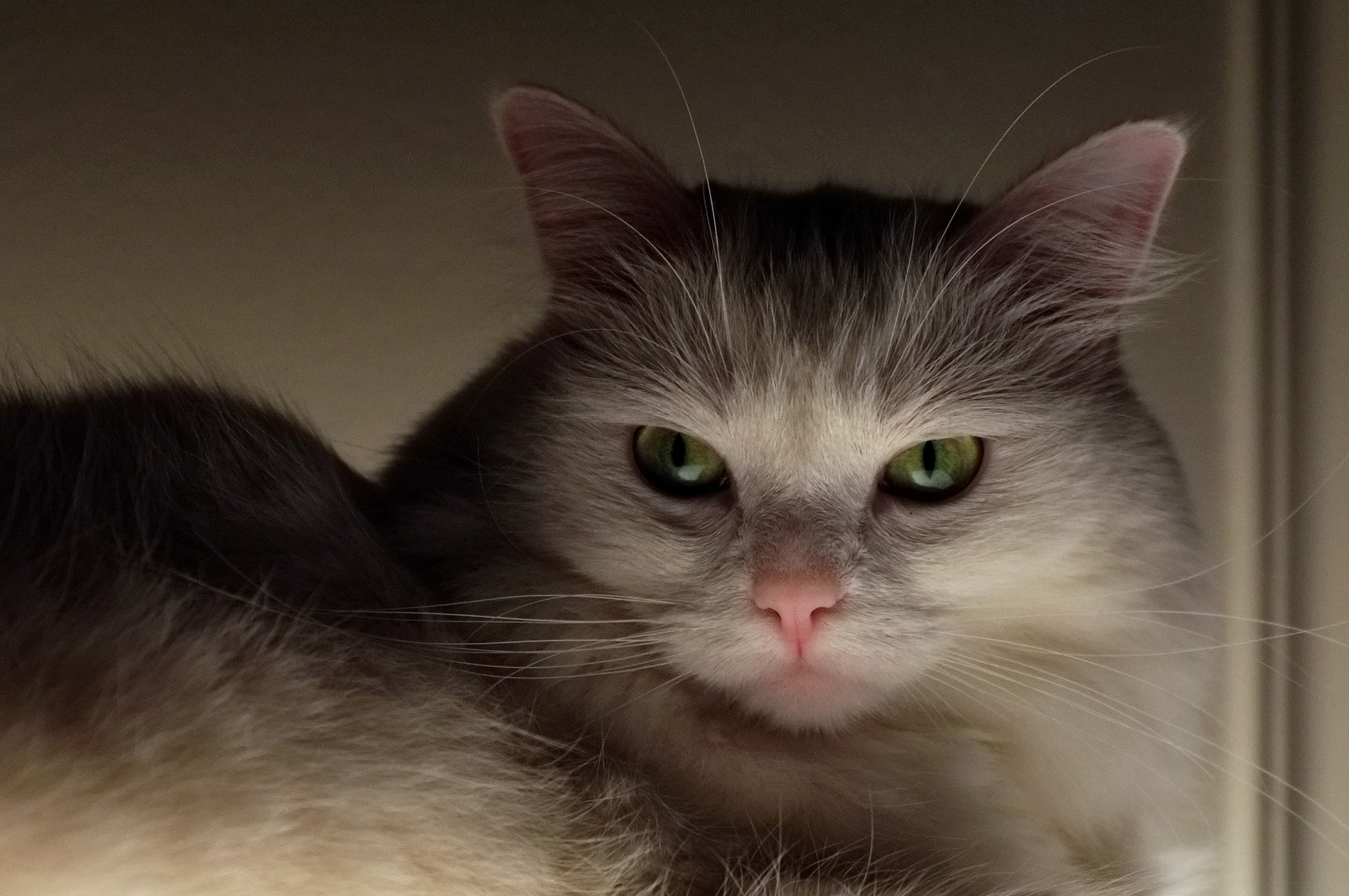 Some cats are noisier at night, and there's a reason for that
Some cats are noisier at night, and there's a reason for that
Does your cat tend to be more vocal at night? While domestication has made many cats diurnal (active during the day and resting at night), their natural pattern is actually crepuscular—more active at dawn and dusk. These are typical hunting hours, and for indoor cats, this often translates into play or exploration, often accompanied by meowing.
If your cat’s voice becomes rougher, hoarse, or disappears entirely, it's most likely due to a respiratory illness. Other symptoms might include nasal or eye discharge, wheezing, lethargy, fever, or loss of appetite. Take your pet to the vet promptly so treatment can begin.
Follow us!
facebook instagramRelated articles